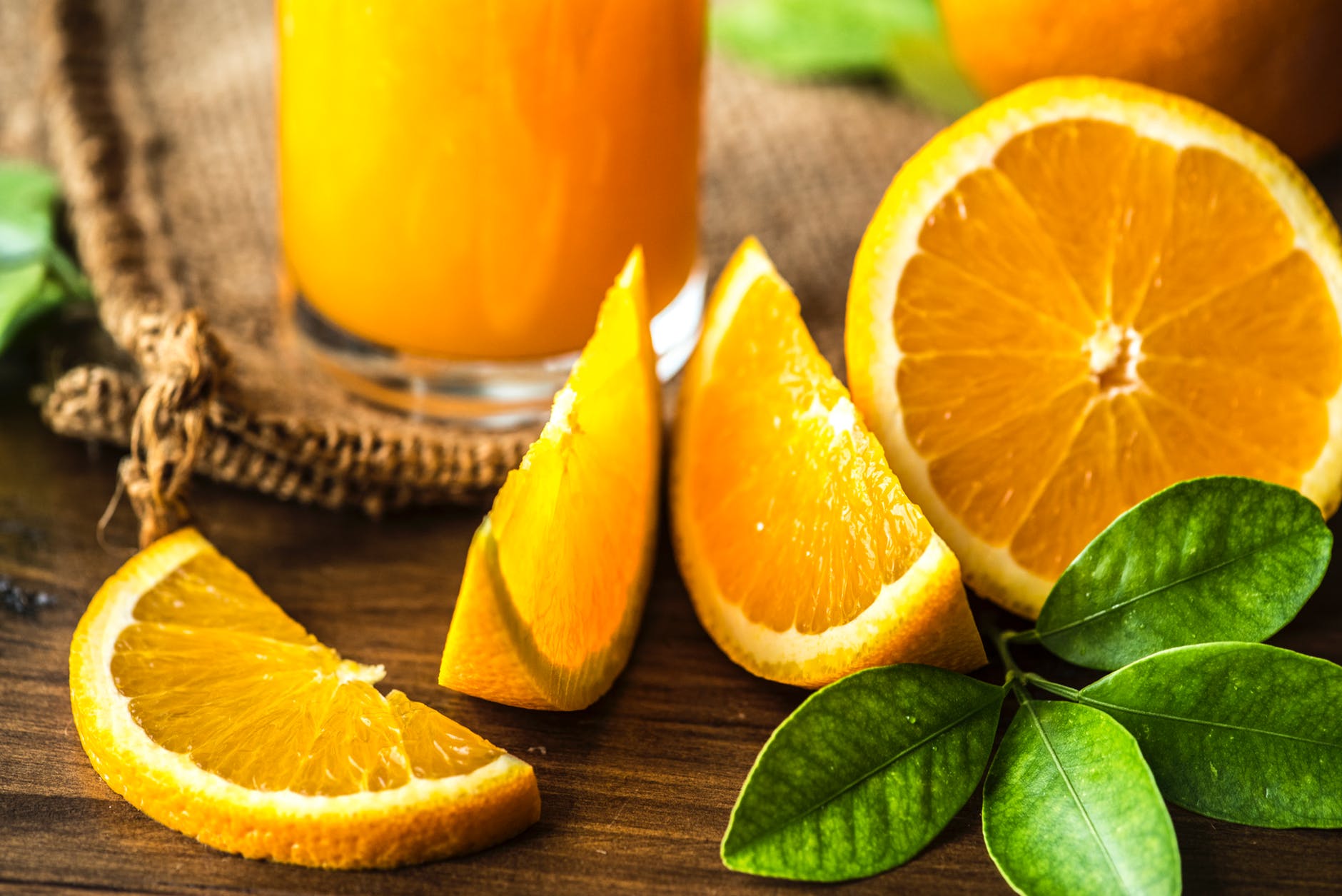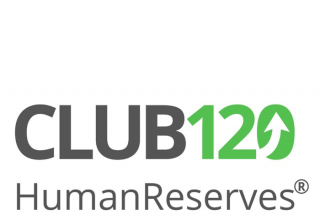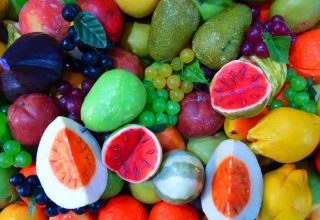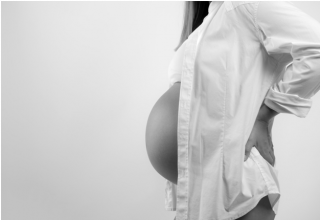Many people nowadays take dietary supplements to help aid in their diet. The supplements help close the nutrition gap they may experience from an unbalanced diet. But, are these supplements even safe to take during pregnancy? Many doctors agree that it is best to avoid these type of nutrition help when you have a child in utero. While Review Critic can help to compare these different supplements to find ones that are better or proven safe for pregnancy, it is also best to try and find ways to supplement your diet more naturally.
What Exactly Is A Dietary Supplement?
Many people are unaware of this, but the FDA has very laxed regulations of what can be called a dietary supplement. The only rules are:
- It must come in a pill, capsule, tablet, or liquid form intended for oral consumption.
- The pills must be intended to help supplement your diet.
- They must contain one or more dietary nutrients, like a vitamin, mineral, or amino acid.
- The front label must say it is a dietary supplement.
In these guidelines, there are no specifics about what can go in a dietary supplement. Unlike actual medications, there are no regulations to ensure what can or cannot be used in a dietary supplement, and therefore they could be unsafe for people in general, but especially pregnant women.
Prenatal Vitamins
The one main exception to the idea of no dietary supplements during pregnancy, are doctor prescribed prenatal vitamins. As these vitamins are specially formulated for pregnancy, there are more regulations surrounding exactly how they are made. With the need of a doctor’s prescription, you will also be getting exactly the nutrients you need, not those in which you assume you should add to your diet. This will help to ensure that you are getting the proper nutrients to help not only you but your new baby as well.
Increasing Your Nutrients Naturally
If, with a prenatal vitamin, you still find some important nutrients missing from your body, there are easy ways to add them into your diet. Making sure to eat vitamin and mineral rich foods will help to keep your body balanced and healthy. Some of the most common deficiencies within pregnant women include:
Folic Acid
This is an important mineral that helps prevent against birth defects, like Spina Bifida. Green vegetables, like asparagus, spinach, and Brussels sprouts, as well as legumes or beets all have high folate levels, which can help replenish this mineral in your body.
Vitamin D
This vitamin is essential for your body’s ability to absorb calcium and phosphate. Calcium is needed to help grow strong bones. Without Vitamin D, your body will be unable to absorb the other nutrients correctly, therefore leaving even more dietary gaps. While sunlight is the most common known natural source of Vitamin D, red meat, oily fish, and eggs all contain higher amounts of this vitamin to help you supplement your diet naturally.
Iron
As your blood is now flowing through two human beings, many women notice their iron levels dip during pregnancy. Eating plenty of red meat, leafy greens, and dried fruit or nuts can help to combat this anemia from setting in. Another hidden perk of eating nuts, especially peanuts, during pregnancy is that a study has proven infants exposed to peanuts in utero are less likely to develop a peanut allergy later on in life.
Vitamin C
As your body is now also protecting a second human, your immune system needs all of the help it can get. Vitamin C helps to ward off bacteria and viruses and helps keep your body healthy. Many fruits, like citrus and berries are packed with Vitamin C. Vegetables, like Brussels sprouts, peppers, and broccoli are also known for their high Vitamin C content.
Calcium
Needed to help grow strong bones, calcium is an essential mineral to have in your body. Especially when you are physically growing a new skeleton, calcium tends to be used up more quickly during pregnancy. Therefore, eating plenty of dairy or leafy greens, like spinach, will help to bulk up your calcium diet.
Eating Right For Your Baby
While our diets tend to fall short of the nutrients we need, pregnancy is a time when it is extremely important to eat right. As many supplements are not safe for use during pregnancy, making sure your diet makes up for those nutritional gaps will help your baby live a long, healthy life.














